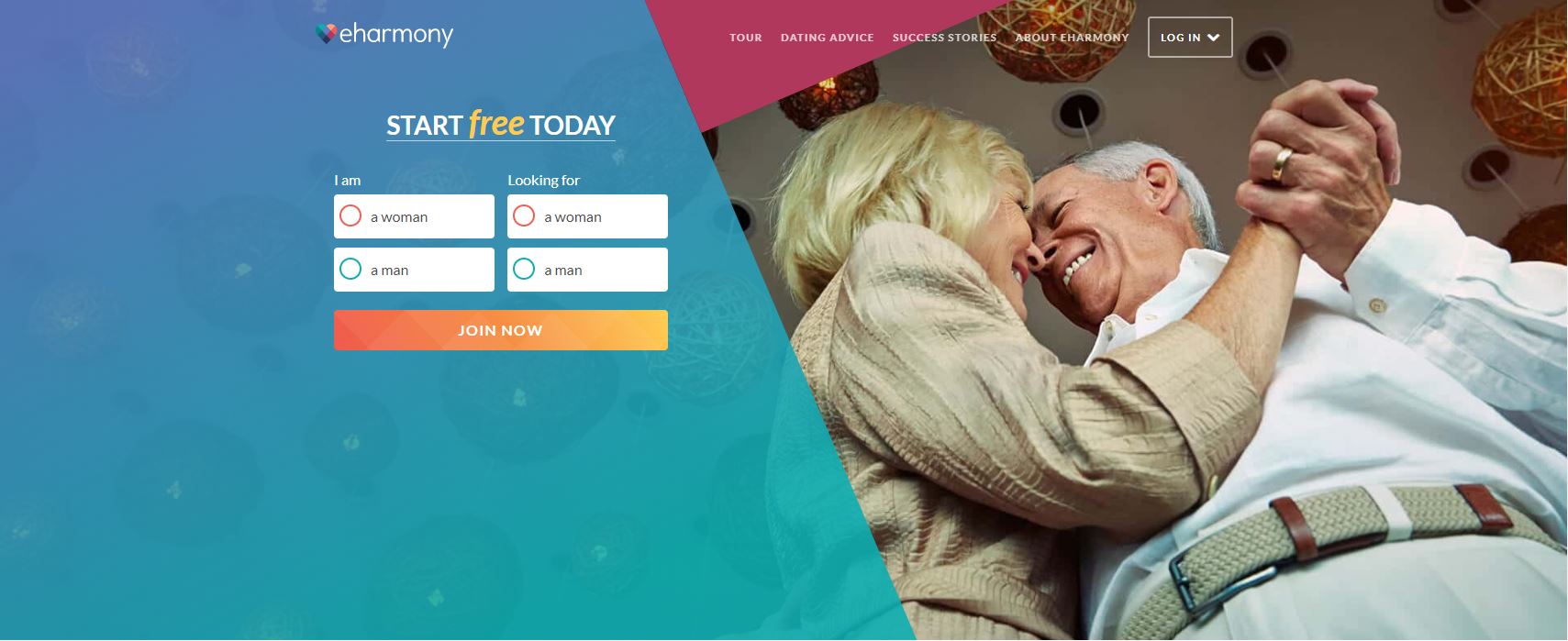
There are many things to consider before you make a decision. This includes how the phone will fit into your pocket. There are four possible styles: Secure, Ambivalent and Secure. Each style is distinct, but each can help with making the right decision.
Avoidant
People with avoidant attachment styles often feel uncomfortable in close relationships. The reason is that they avoid intimacy and emotional closeness for fear of rejection. They seek independence and autonomy with a high degree of autonomy. They prefer to avoid conflict. They might avoid asking for emotional support from others and instead seek other solutions to their anxiety-related problems.
Avoidant attachment styles are the result of negative early experiences. One example is if your parents have abused, neglected or neglected you. You may have also learned that your feelings might be rejected if you express them. This means that you are able to protect yourself against emotional closeness.
Avoidance of attachment styles can be avoided and even improved upon. Early attachment education can help you rewire your attachment patterns. The best way to do this is with a professional. A therapist can help identify the most significant aspects of your life and provide you with the tools to build a strong attachment with your spouse.
Secure

In order to have healthy relationships into adulthood, it is important that you develop a secure attachment pattern in your early years. A secure attachment style is a pattern of feeling secure and being able to express emotions. It is also a trait that is associated with emotional availability, trust, and independence. Secure attachment types can form and sustain healthy relationships.
Healthy relationships with your primary caregiver are key to secure attachment. Secure attachment will only be possible if your caregiver is supportive and provides nurturing care. You may feel insecure if your caregiver isn't available.
Insecure attachment styles may be caused by unhealthy coping strategies. These unhealthy coping strategies can prevent you from developing a meaningful emotional connection with others. Developing a secure attachment style is an important way to build your self-esteem and trust in yourself. You may want to seek out help from a mental health professional to help you develop a secure attachment style.
Ambivalent
Having ambivalent attachment styles can be difficult. It affects how your child socializes, how they perform tasks, and how well they understand the world. It can also negatively impact your relationship. You may be able to help your partner cope with ambivalent attachment if you are in a relationship that is ambivalent.
An ambivalent attachment style is an inconsistent, unsatisfying, and insecure attachment style that develops as children learn to cope with the absence of their primary caregiver. The child may cling to their caregiver in a desperate attempt to feel safe. They might also try to get the attention of adults nearby.

Ambivalent attachment styles can develop when the primary caregiver doesn't give the right signals. The child is unsure if they are being met or what to do next. The child could become angry, frustrated and confused.
Disorganized
During the early years of development, infants respond to distress in one of four attachment styles: secure, anxious, avoidant, and disorganized. Each of these attachment styles have a goal of being close to an attachment figure. This is usually a parent. However, attachment figures may include other people, such as a romantic partner. These relationships might also contain attachment elements such as love or trust.
When children with avoidant attachment styles are in a relationship, they tend to act in a conflicted manner. They might distrust others and become suspicious of them. This could lead to social withdrawal or emotional instability. Avoidant attachment styles can lead to children who avoid intimacy in adulthood. They also understand that they won't get their emotional needs met.
Disorganized attachment occurs when a child has experienced trauma in their childhood. It is a strong predictor that children will be unhappy. It is also related to externalizing problems in the early school years. It is also associated in middle childhood with higher rates of dissociative behavior by boys.
FAQ
How long should I wait after a breakup before I start dating again?
There's no set rule about how long you should wait before you date someone else. Some guidelines can help guide you in making the right decision.
Consider whether you are emotionally ready and able to get back in a romantic relationship.
Are you still unhappy about the relationship that ended? Are you struggling to deal with the pain that comes from being hurt?
These issues may still be bothersome. It might be worth waiting until you feel better to manage them.
You don't have to wait long if you are able to get over your initial grief and are looking forward to moving on.
Also, consider how well you both got along. Have you ever spent time together other than in the bedroom?
Did you share interests and hobbies? Was there a lot of laughter and fun?
If you had a good time together, then you probably won't have trouble finding another partner.
However, if you didn't really click, then you might not be able to connect with anyone else. This is a sign that you need to take more time to heal.
The last thing you need to do is think about what your situation is. Do you have a job or school that will prevent you from having time alone?
Are you married? Are they old? What kind of schedule do you need?
These questions can help you determine whether you'd be able to devote enough time to a new relationship.
These questions will help you avoid making poor decisions. Avoid jumping into any decision if you are afraid of missing out.
How long does it take to dissolve?
It's not always easy to decide if it's worth keeping your relationship. No matter how hard we try, we won't always be successful in breaking up.
It might take more time if you are trying to end the relationship with someone who doesn't want to listen.
Even if all your efforts have failed, it is possible to still be unsuccessful. This is because some couples are just not meant to be together.
If you're thinking about ending things with someone, then you should first talk to them. You should tell them that you have made a decision, and then ask them if their opinion is correct.
If they say yes, then you should follow through with your plan. But, if they say no, then you should reconsider.
How to deal with an abusive relationship
To avoid this happening again, you must take immediate action.
It is important to be able to accept rejection and deal with disappointment.
You must also know what you want in your life now.
If you're going to change anything then you must immediately decide what you're going to do different.
Set goals and work towards them.
You have to stop blaming the others and start taking responsibility.
You have to find ways of coping with stress and anxiety.
Accept that you will not be understood by everyone.
And you need to learn to forgive yourself.
Statistics
- Why Relationships Matter Find a therapist to strengthen relationships With the national rate of divorce hovering close to 50 percent, people understandably wonder how they can make a relationship last. (psychologytoday.com)
- But Gottman's research shows that three years into a relationship if you're not arguing at all, you're much more likely to find yourself arguing in divorce court. (time.com)
- After analyzing the data and controlling for the influence of other personality traits and demographic factors, she found that gritty men were 17 percent more likely to stay married. (time.com)
- Meanwhile, a 2010 study of twenty-three thousand married couples found that the similarity of spouses accounted for less than 0.5 percent of spousal satisfaction. (time.com)
External Links
How To
How to succeed with a relationship new
Trust is an important component of any healthy relationship. It is important that your relationship be a part your daily life. You should be open to the possibility of change and accepting them as they are. You can find out if someone you like is right for your by just hanging out with them. You should do what is best for you and your partner.
There are many things to consider when starting a relationship from scratch. Do you want to marry? Do you want to share a home? Are you looking to have a serious relationship with someone or are you just looking for a casual relationship? Do you want children? If so, how old are you? How much money can you afford to have children? Does it make sense for your parents to know? Does she/he like children? Will you live together?
These questions will help to determine the type and style of relationship you are looking for. It is important to remember that you will always experience ups as well as downs no matter what type of relationship you choose. So don't rush into anything. Before jumping into a committed relationship, take your time to figure out what you want.
Try to be realistic about your expectations when you are considering dating someone. Do not expect too much of this person. He/She may surprise you. It doesn't matter how many changes you are going through, remember to have fun with your date. Have fun. Make memories.
Let me conclude by advising you to not rush into committing yourself to a relationship. Think carefully about everything before making such a big decision.